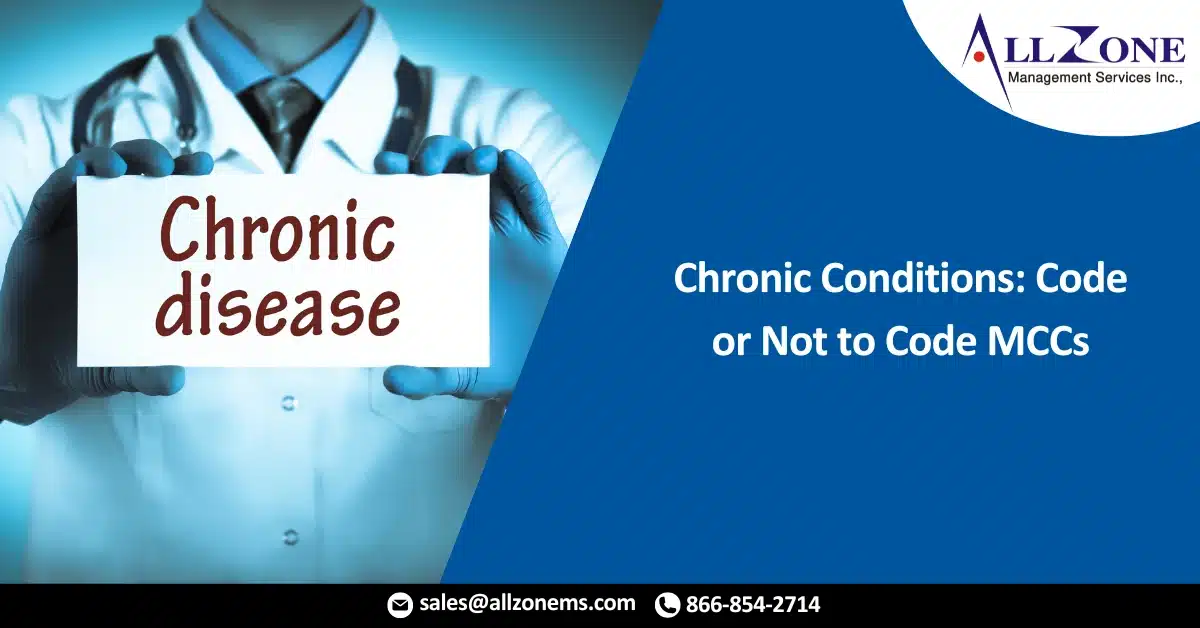“Separate procedure” may not mean what you think. Many procedural codes in the CPT® Book are designated as “separate procedures.” However, the common misinterpretation of this is that coders can report such codes as such in every case. Not true. First, you must consider: Were there other procedures performed during the same encounter? Did you consult […]
Even as health systems confront rising healthcare costs and declining margins, they are under pressure to improve the patient experience, retain customer loyalty and collect patient payments. But while two-thirds of patients said cost strongly influences their overall satisfaction with their hospital or physician, nearly 60% of health systems do not discuss costs with patients, […]
Without even putting too much effort into listening to or reading the news, you understand that healthcare costs have steadily risen over the last couple decades, and yet we don’t really have any significant and correlating rise in outcomes to show for it. CMS or the Centers for Medicare and Medicaid Services has also noticed […]
Understanding the correct use of chronic condition codes in the coding process. Unexpected and inaccurate medical bills can be alarming and shocking. Coders are often confused regarding when they should code co-morbid chronic conditions and when they should not. This leads to inaccurate coding of levels, or sometimes missing out on the opportunity of […]
Planning is underway now for ICD-11. The American Health Information Management Association (AHIMA) has been getting involved in the development of ICD-11 through its participation in the World Health Organization’s (WHO’s) activities, as well as providing members with high-level overviews of what to expect with the new classification system. ICD-11 has yet to be approved […]
According to U.S. Census Bureau data, over one third of working Americans are millennials, making them the largest generation in the American workforce. Healthcare organizations have thus turned to efforts to attract and retain millennials, who research indicates may harbor a deeper desire for real-time feedback; a sense of purpose, challenge, and enjoyment in their […]
No-shows cost thousands in revenue, reduce accessibility, and lower productivity — here’s how to stop them. Patients have a lot on their plates. Doctors do too. Fitting necessary appointment times into everyone’s schedule is one of the most important challenges facing any healthcare provider. Scheduling tools and patient management suites are a good solution […]
In the midst of a medical recovery, the last thing you want to deal with is an unexpectedly high medical bill. As Americans continue to pay an estimated $3.4 trillion yearly in health care costs, it’s likely that at some point we’ll all encounter a big bill from a trip to the doctor’s office or an unscheduled […]
Expect more mass production of audits. Looking forward to the remainder of 2019, we will see a number of exciting information technologies (IT) that will reshape healthcare and Medicare. These include artificial intelligence (AI), the cloud, DNA sequencing, in silico testing of new molecular entities (NMEs), and distributed ledger systems, also known as “blockchain.” We also will […]
Healthpac has announced that Allzone Management Services, Inc., an industry leader in Healthcare Revenue Cycle Management Outsourcing Solutions, will be one of the Silver Sponsors for the Healthpac 2019 Annual User’s Meeting. Allzone Management Services, Inc., is pleased to announce that they will be exhibiting at the Healthpac 2019 Annual User’s Meeting from February 07th […]










